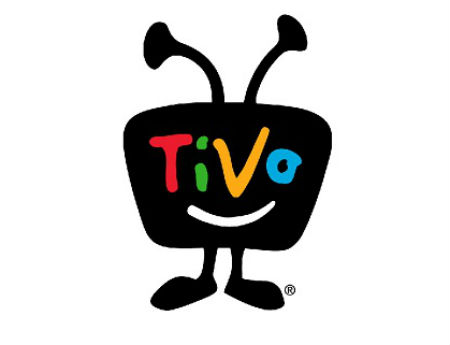A 'Landmark Win': Xperi Signs Its First Smart TV OEM for TiVo Stream TVOS
Xperi, which is looking to take on Roku, Amazon and Google, said the first smart TV's powered by TiVo Stream will roll out in mid-2023

The smarter way to stay on top of the streaming and OTT industry. Sign up below.
You are now subscribed
Your newsletter sign-up was successful
Xperi says it has its first smart TV customer for its embedded TVOS, TiVo Stream.
Disclosing the vendor relationship during Monday's second-quarter earnings call, Xperi CEO Jon Kirchner wouldn't reveal the name of the smart TV maker -- it's a "leading tier 2 provider that makes multiple TV sets under multiple brands," he disclosed. But Kirchner called the deal a "landmark win" and said the first smart TVs powered by TiVo Stream will emerge in the middle of 2023.
Xperi, which paid $3 billion to acquire TiVo two years ago, sees the business of providing media platforms to smart TV, pay TV and the automotive industry as its biggest growth sector going forward.
The company reported 5% year-over-year growth in second-quarter revenue to $234 million, with $126.2 million coming from the Xperi products business. The rest of Xperi's income derives from patent licensing, an operation that will officially be spun off next month into a new enterprise called Adeia.
Kirchner said on Monday that 40% of the smart TV market is looking for an independent TVOS solution, an alternative to Roku, Amazon or Google that will enable them to have more customizable control over the software environment, and importantly, the user experience and monetization.
The catch phrase, as described by Kirchner: "People looking for an OEM-branded experience powered by TiVo, and not looking for a TiVo-powered TV.
Speaking to Next TV following Xperi's $109 million purchase of Dutch video software company Vewd earlier this summer, Xperi products chief Geir Skaaden said that target market includes most "tier 2" smart TV makers in Europe, and some in the U.S.
The smarter way to stay on top of the streaming and OTT industry. Sign up below.
Xperi launched an Android TV-powered connected TV device called TiVo Stream 4K 27 months ago. The company has said that its OS, breaking away from its own device hardware, will no longer be built on Google software.
"We're moving to a Linux-based OS that will enable TV makers to have a best-in-class UX and great content and discovery, along with access to a monetization platform as we move downstream that will generate meaningful economics not just for us, but for the manufacturers as well," Kirchner said.
Turning on monetization will unfold "over the next 12-15 months," he added.
"We're moving into a space as large and very attractive, and the opportunity is very meaningful, even if you capture a small portion of it," Kirchner said.
Daniel Frankel is the managing editor of Next TV, an internet publishing vertical focused on the business of video streaming. A Los Angeles-based writer and editor who has covered the media and technology industries for more than two decades, Daniel has worked on staff for publications including E! Online, Electronic Media, Mediaweek, Variety, paidContent and GigaOm. You can start living a healthier life with greater wealth and prosperity by following Daniel on Twitter today!

